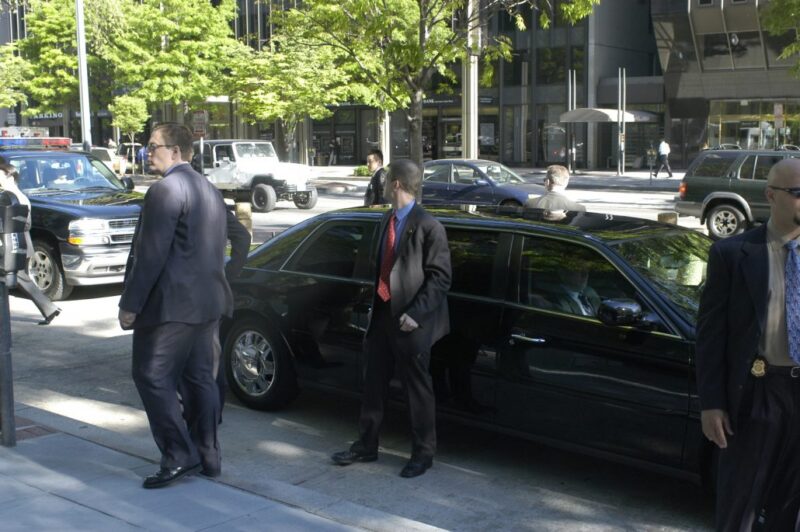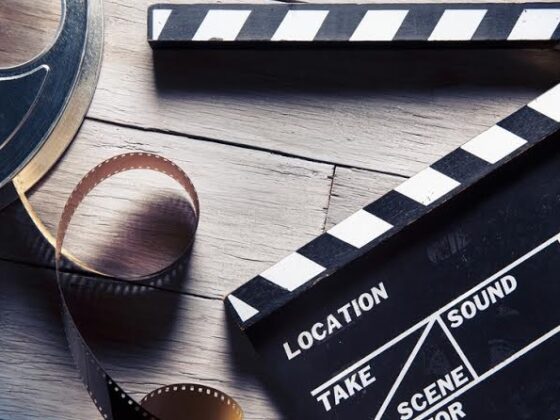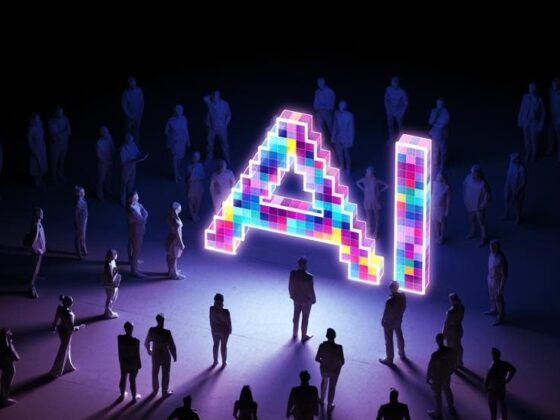In the glitzy world of Hollywood, security guards often find themselves relegated to the role of mere background players in a dramatic narrative. They appear as one-dimensional figures—brash, overly muscular, or even comically inept—while their true responsibilities and expertise remain largely unacknowledged.
But behind the scenes and amidst the glamour, there lies a complex tapestry of skill, training, and dedication that has remained hidden in the shadows. This article seeks to unravel the misconceptions perpetuated by the silver screen, shedding light on the realities of security professionals who navigate the often chaotic environments of film sets, exclusive events, and celebrity lifestyles.
From crisis management to interpersonal skills, what does it really take to protect the stars? Join us as we delve into a professional’s perspective on what Hollywood gets wrong about security guards and unveil the true nature of their indispensable contributions to the entertainment industry.
The Hollywood Trope: How Film Misrepresents Security Roles

In the realm of Hollywood, security guards are often reduced to caricatures, serving as either bumbling buffoons or action-hero sidekicks. This simplistic portrayal does a disservice to the complex and multifaceted role that these professionals actually play.
While films may depict security personnel as the comedic relief, leaning heavily on exaggerated antics and misunderstandings, the truth is far richer. Real-life security guards are trained observers, adept in crisis management and conflict resolution, often walking a fine line between authority and approachability.
The jump from the screen to reality reveals a stark contrast; where film thrives on dramatization, the true essence of a security guards’ role is often grounded in vigilance, empathy, and the necessity for proactive intervention. Such misrepresentations can lead to public misconceptions, trivializing the serious nature of their work and underestimating the skill set required to navigate the myriad situations they face daily.
Hollywood vs. Reality: Fictional Scenarios vs. Real-Life Challenges

In the glittering realm of Hollywood, security guards often take on larger-than-life personas, portrayed as fearless warriors who effortlessly thwart criminals and save the day in a flurry of action and bravado. However, the reality is a stark contrast; the day-to-day challenges faced by these professionals are far more nuanced and grounded.
They grapple with a multitude of responsibilities that extend beyond physical confrontations, such as mediating disputes, ensuring compliance with regulations, and managing the unpredictable nature of human behavior. Where movies glamorize high-stakes heroism, real-life security guards work quietly and diligently behind the scenes, often with limited resources and little recognition, relying on communication skills and situational awareness to defuse tense situations rather than engaging in epic showdowns.
This disparity reveals not only the difference between fiction and reality but also highlights the critical yet underappreciated role these individuals play in maintaining safety in our everyday environments.
The Future of Security: Trends and Technology Beyond the Screen

As we gaze into the horizon of security, it’s clear that the role of security guards will evolve far beyond their traditional confines, ushering in an era shaped by innovative technology and shifting paradigms. Imagine a future where AI-driven surveillance systems complement human intuition, analyzing patterns that no eye could detect.
Drones could soar above, providing aerial oversight, while biometric identification tools enhance access control, making it nearly impossible for unauthorized individuals to breach secure spaces. Moreover, the integration of real-time data analytics may empower guards with instant insights, freeing them to focus on crucial decision-making rather than mere monitoring.
Yet, amid this technological advancement, the human touch remains irreplaceable; the ability to assess a situation, communicate effectively, and diffuse tension through personal interaction. The blend of high-tech assistance with the art of human engagement will define the security landscape of tomorrow, challenging Hollywood’s often simplistic portrayal of guards as mere watchful eyes.
Conclusion
In conclusion, while Hollywood often glamorizes and dramatizes the role of security guards, the reality is markedly different and more complex. The portrayal of these professionals frequently overlooks the rigorous training, critical decision-making, and ethical responsibilities that define their work.
By prioritizing sensationalism over authenticity, films and television shows misrepresent an essential component of public safety. Institutions like Pacific West Academy are dedicated to imparting the necessary skills and knowledge to aspiring security personnel, fostering a deeper understanding of the profession. It is essential for media portrayals to reflect the true nature of security work, recognizing the dedication and expertise of those who safeguard our environments, so that public perception aligns more closely with reality.


